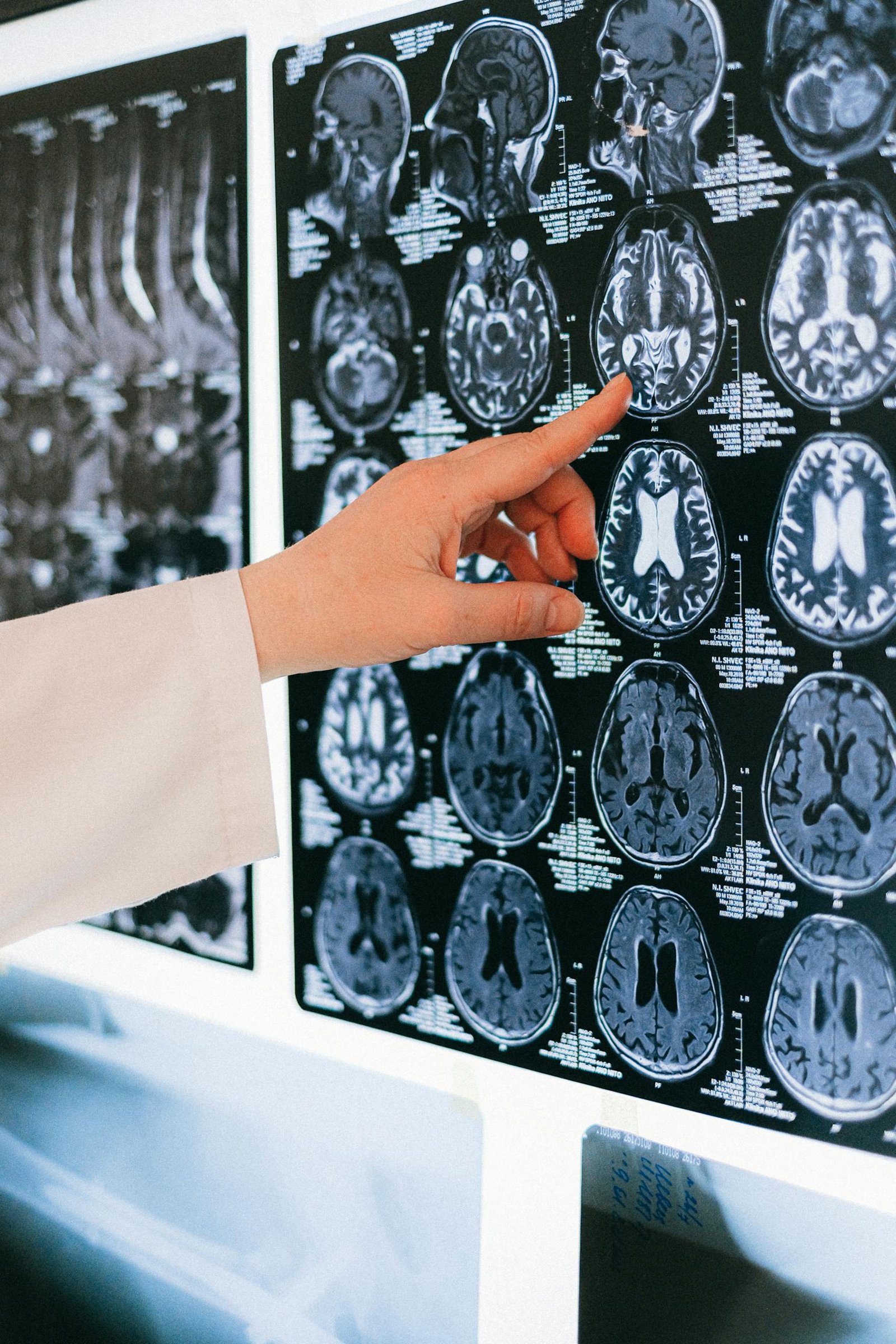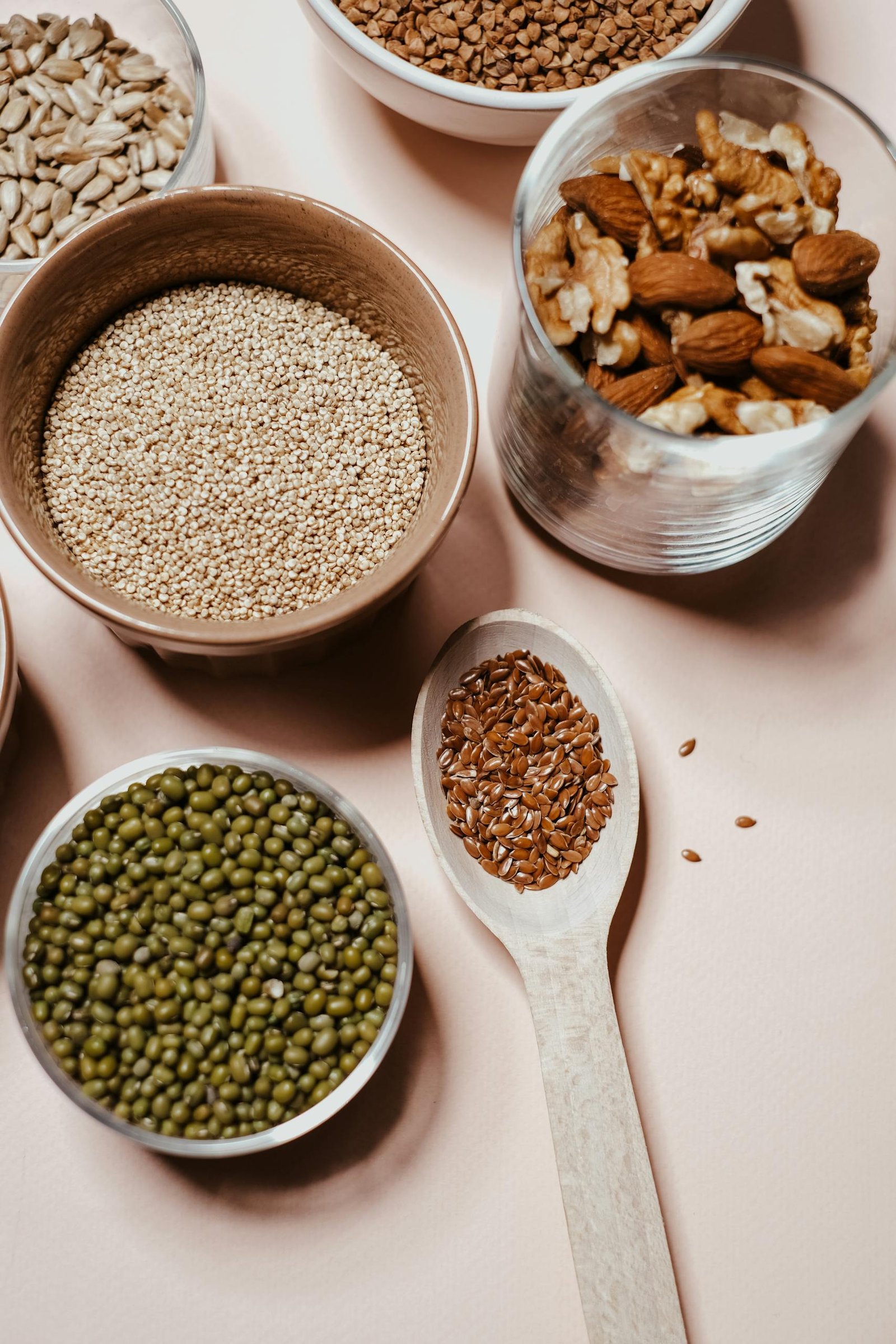Weight Loss vs. Fat Loss: Understanding the Crucial Difference
In the quest for a healthier and fitter body, many people focus on the numbers on the scale. However, weight loss and fat loss are not the same. Understanding the difference between the two is crucial for achieving long-term health and fitness goals.
This article dives deep into the science behind weight loss and fat loss, why the distinction matters, and how to focus on the right metrics for a healthier, stronger you.
What is Weight Loss?
Weight loss refers to a decrease in your overall body weight. This can result from losing water weight, muscle mass, and fat. Many factors can influence weight loss, including diet, exercise, and hydration levels. However, simply reducing the number on the scale does not necessarily mean you are becoming healthier.
Key Points:
- Temporary Fluctuations: Weight can fluctuate daily due to water retention, food intake, and other factors.
- Not a Complete Picture: Focusing solely on weight can be misleading because it does not differentiate between fat, muscle, and water loss.
What is Fat Loss?
Fat loss specifically focuses on the reduction of adipose tissue, which serves as the body’s primary fat storage. Unlike general weight loss, fat loss is a more precise indicator of enhanced health and physical fitness. The reduction of excess fat, particularly visceral fat—stored around vital organs—correlates with numerous health benefits, including a diminished risk of chronic diseases and improved metabolic function.
Key Points:
- Health Benefits: Lowering body fat percentage can reduce the risk of heart disease, diabetes, and many other cardiovascular diseases.
- Body Composition: Fat loss focuses on improving body composition, which includes the ratio of muscle to fat.
Why the Distinction Matters
Understanding the difference between weight loss and fat loss is essential for several reasons:
- Healthier Outcomes: Prioritizing fat loss over weight loss leads to healthier outcomes. Muscle mass is crucial for metabolic health, physical strength, and overall functionality.
- Sustainable Results: Strategies aimed at fat loss tend to be more sustainable in the long term. Quick weight loss methods often result in muscle loss and a slowed metabolism, leading to weight regain.
- Accurate Progress Tracking: Monitoring fat loss gives a more accurate picture of your progress. Tools like body composition analysis, skinfold measurements, and bioelectrical impedance scales can help track fat loss more effectively than a regular scale.
How to Focus on Fat Loss
1. Incorporate Strength Training
Building muscle through strength training is fundamental to effective fat loss. Muscle tissue has a higher metabolic rate compared to fat tissue, meaning it burns more calories even at rest. This increase in calorie expenditure enhances your metabolism, making it easier to lose fat and maintain a lean physique.
Practical Tips:
- Lift Weights: Engage in regular weightlifting or resistance training exercises.
- Bodyweight Exercises: Incorporate exercises like push-ups, squats, and lunges into your routine.
Here is a free and simple weight lifting routine you have not tried.
2. Eat a Balanced Diet
Nutrition is a cornerstone of effective fat loss. Emphasize the consumption of nutrient-dense foods that not only support muscle growth but also facilitate the reduction of adipose tissue. By selecting a balanced diet rich in vitamins, minerals, and high-quality proteins, you can optimize your body’s ability to burn fat while preserving and building lean muscle mass..
Practical Tips:
- Protein-Rich Foods: Include lean proteins like chicken, fish, beans, and legumes to support muscle repair and growth.
- Healthy Fats and Carbs: Incorporate healthy fats (avocado, nuts) and complex carbohydrates (whole grains, vegetables) for sustained energy.
3. Stay Hydrated
Proper hydration is essential for overall health and plays a significant role in facilitating fat loss. Consuming adequate amounts of water supports optimal bodily functions, including metabolism and nutrient absorption, while also helping to suppress unnecessary hunger and reduce calorie intake.
Practical Tips:
- Drink Water: Aim for at least 8 glasses of water a day, more if you are physically active.
- Limit Sugary Drinks: Avoid high-calorie, sugary beverages that can contribute to fat gain.
4. Monitor Your Progress
Tracking your progress can help keep you motivated and on track toward your goals. Use methods that provide a clear picture of your body composition.
Practical Tips:
- Body Composition Analysis: Use tools like bioelectrical impedance scales measure fat loss. What is a bioelectrical impedance scales? John Hopkins Medicine explains.
- Photographic Evidence: Take regular progress photos to visually track changes in your body composition.
Common Pitfalls to Avoid
- Focusing Solely on the Scale: The scale does not differentiate between muscle, fat, and water weight. Use other methods to track progress.
- Over-Reliance on Cardio: While cardio is important, relying solely on it can lead to muscle loss. Combine cardio with strength training for optimal results.
- Crash Diets: Extreme calorie restriction can lead to muscle loss and metabolic slowdown. Aim for a balanced diet that supports long-term health.
Conclusion
Understanding the distinction between weight loss and fat loss is essential for achieving your fitness goals effectively and sustainably. By focusing on reducing body fat and building muscle, you can significantly enhance your overall health, boost your strength, and achieve a leaner, more defined physique. Remember, the number on the scale is merely one piece of the puzzle. Prioritize fat loss through a strategic combination of strength training, balanced nutrition, and consistent hydration. This holistic approach not only delivers superior results but also promotes long-term wellness and vitality. Embrace this journey with commitment and precision to unlock your full potential and transform your body and health.
References
- Armstrong, Lawrence E. “Assessing hydration status: the elusive gold standard.” Journal of the American College of Nutrition vol. 26,5 Suppl (2007): 575S-584S. doi:10.1080/07315724.2007.10719661
- Westcott, Wayne L. “Resistance training is medicine: effects of strength training on health.” Current sports medicine reports vol. 11,4 (2012): 209-16. doi:10.1249/JSR.0b013e31825dabb8
- Yanovski, Susan Z, and Jack A Yanovski. “Long-term drug treatment for obesity: a systematic and clinical review.” JAMA vol. 311,1 (2014): 74-86. doi:10.1001/jama.2013.281361
- Srikanthan, Preethi, and Arun S Karlamangla. “Muscle mass index as a predictor of longevity in older adults.” The American journal of medicine vol. 127,6 (2014): 547-53. doi:10.1016/j.amjmed.2014.02.007








One Comment